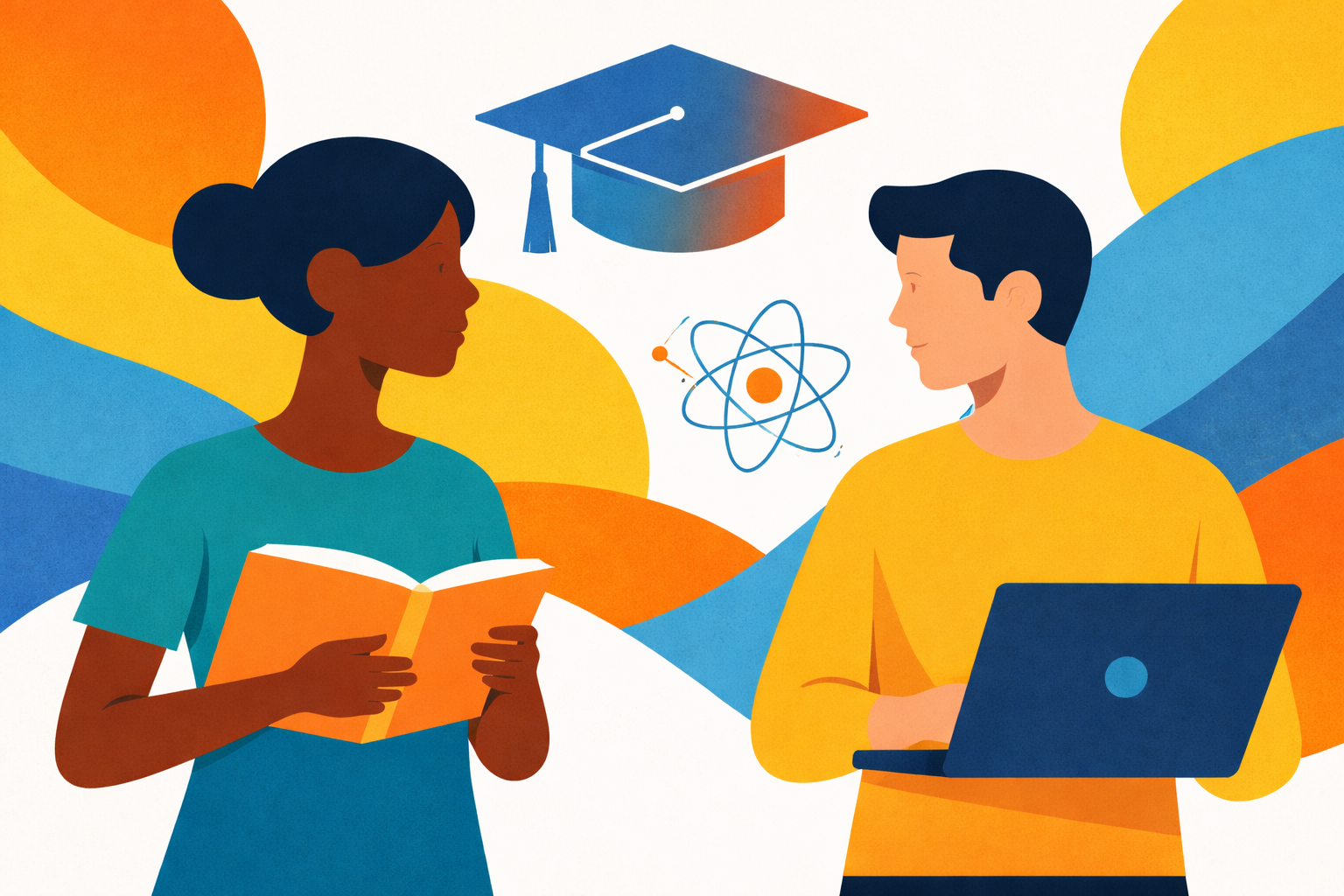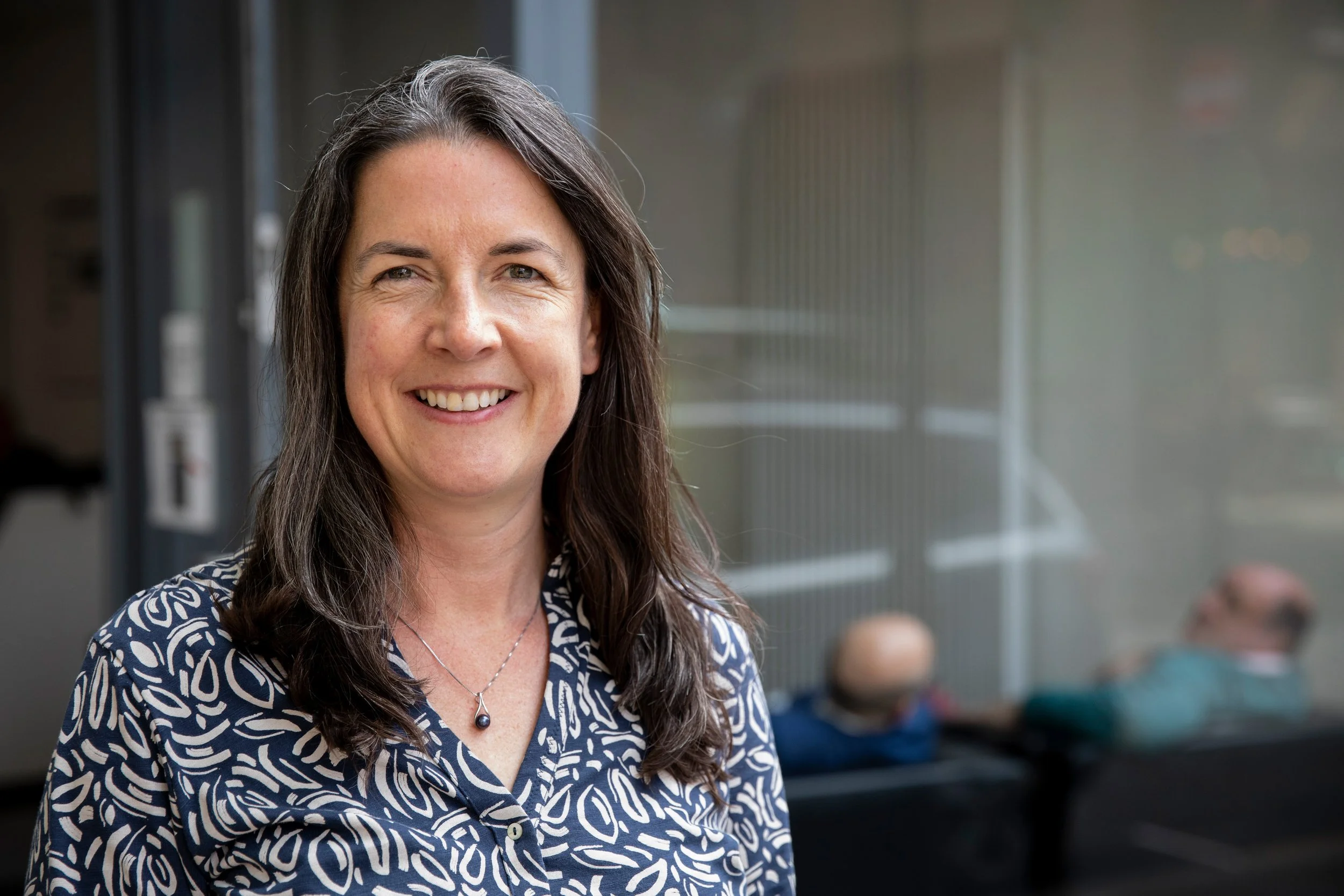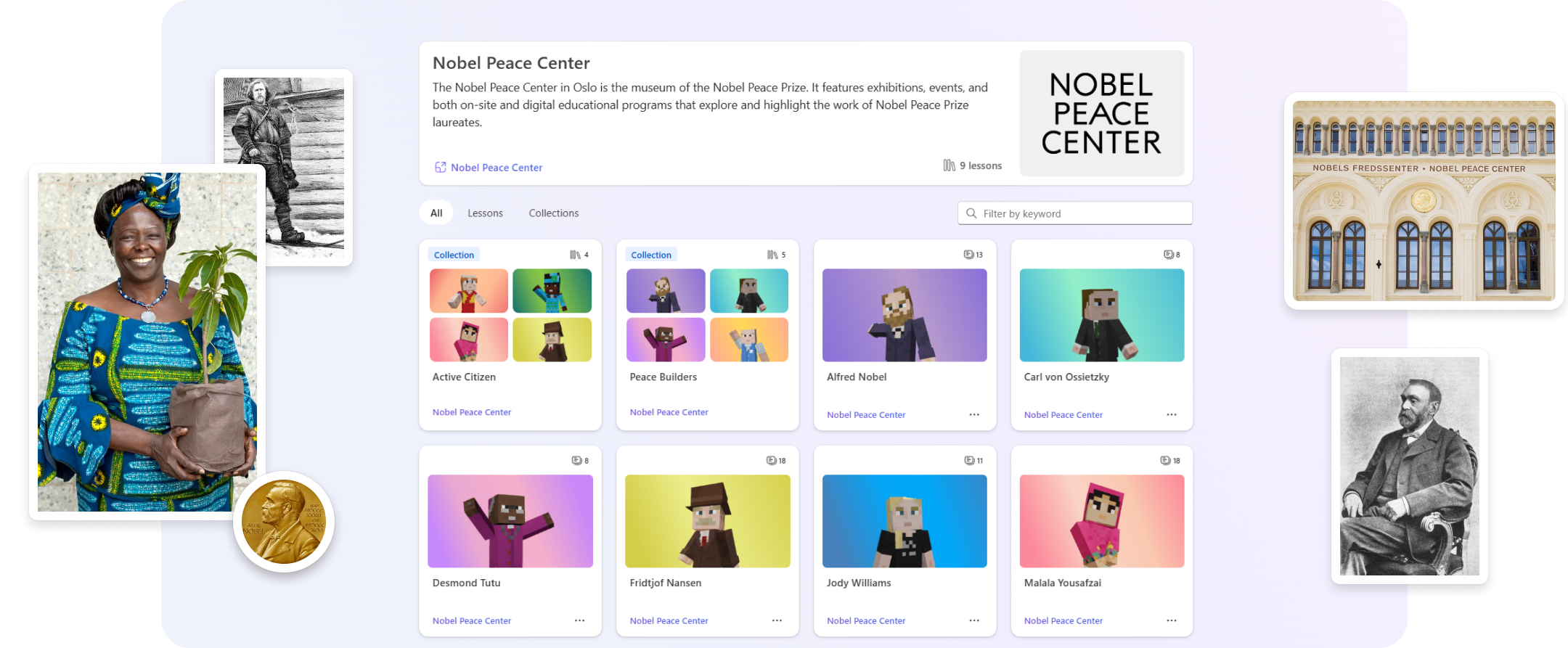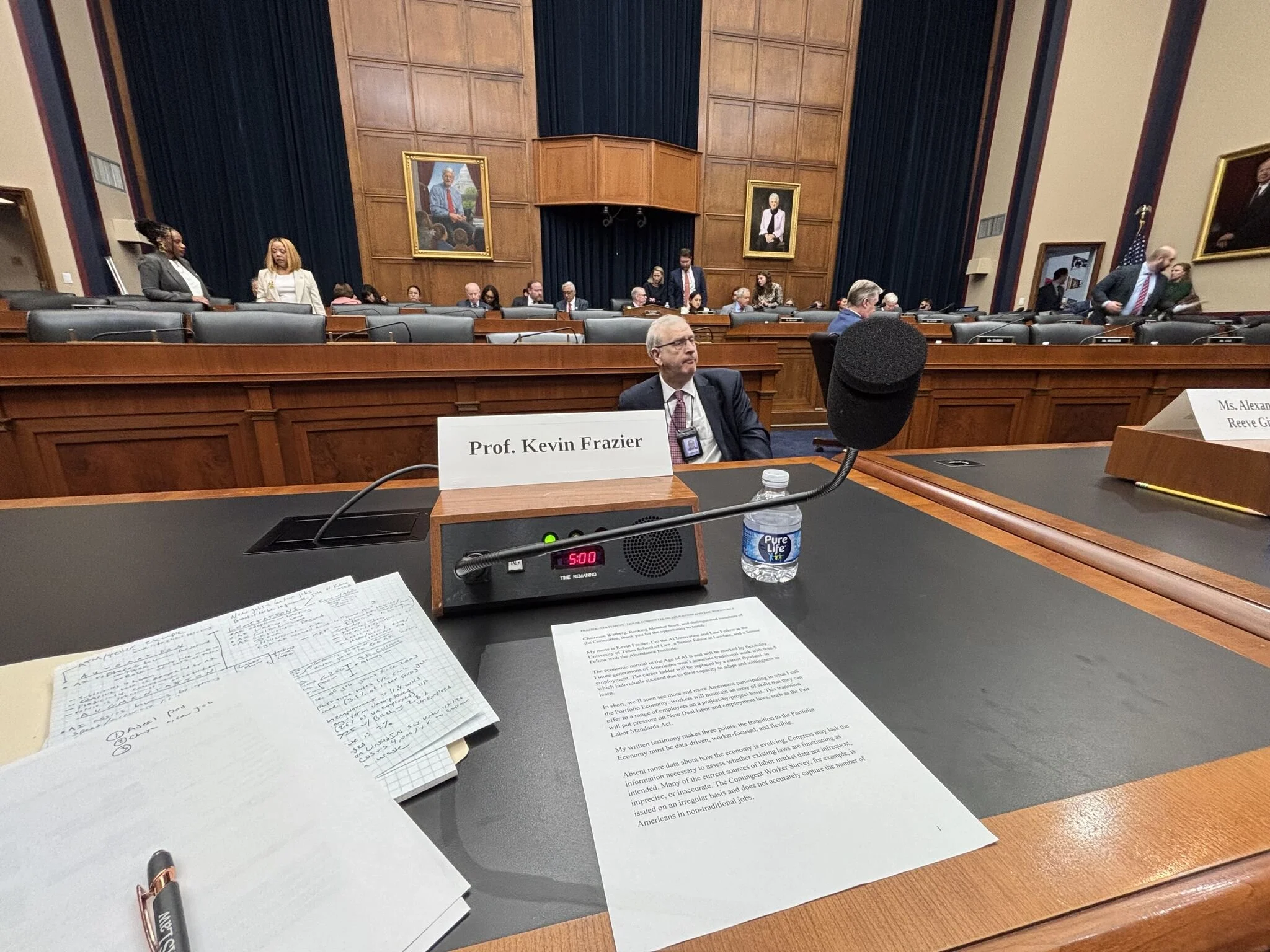Google and Data.org join APRU universities for AI and data hackathon on inclusive growth

Nicholas Mac Gregor Garcia, a researcher and educator specializing in AI governance and fintech, shared details of the APRU Tech Policy Hackathon 2025 on LinkedIn.
The initiative, described as a first-of-its-kind program, explored how AI and data can drive inclusive growth while strengthening resilience and trust across economies in the Asia-Pacific region.
Mac Gregor Garcia said he co-led and helped architect the program, which brought together Google, Data.org, and 15 universities within the Association of Pacific Rim Universities (APRU) network. The hackathon aimed to address three focus areas: financial inclusion, digital trust, and responsible AI for social impact.
Student teams develop policy-grounded AI solutions
The hackathon ran over several months and culminated in a finale event in Bangkok, where 12 interdisciplinary student teams presented AI-driven policy solutions. Prototypes included inclusive insurance for smallholder farmers and fisherfolk, as well as digital identity frameworks designed to support migrant workers and underbanked communities.
Mac Gregor Garcia wrote that one of the most meaningful outcomes was “seeing student teams succeed at developing policy-grounded solutions, and knowing that success was possible because we mobilized cross-sector partnerships, curated a diverse mentor network, and built a capstone model that let them stress-test AI against real policy contexts.”
Building a foundation for responsible innovation
The APRU Tech Policy Hackathon was supported by a broad network of mentors, judges, and collaborators from academia, industry, and government. Mac Gregor Garcia thanked Christina Schönleber, Benjamin Zhou, Michelle Banawan, and Yinghui Tng for their involvement.
He added that the event’s structure was designed to help students translate technical innovation into policy-relevant outcomes. By blending regulatory, ethical, and data-driven perspectives, the initiative aimed to prepare emerging researchers and practitioners to navigate the evolving landscape of AI governance in the region.
Mac Gregor Garcia concludes: “For me, the most rewarding part was seeing student teams succeed at developing policy-grounded solutions.”























